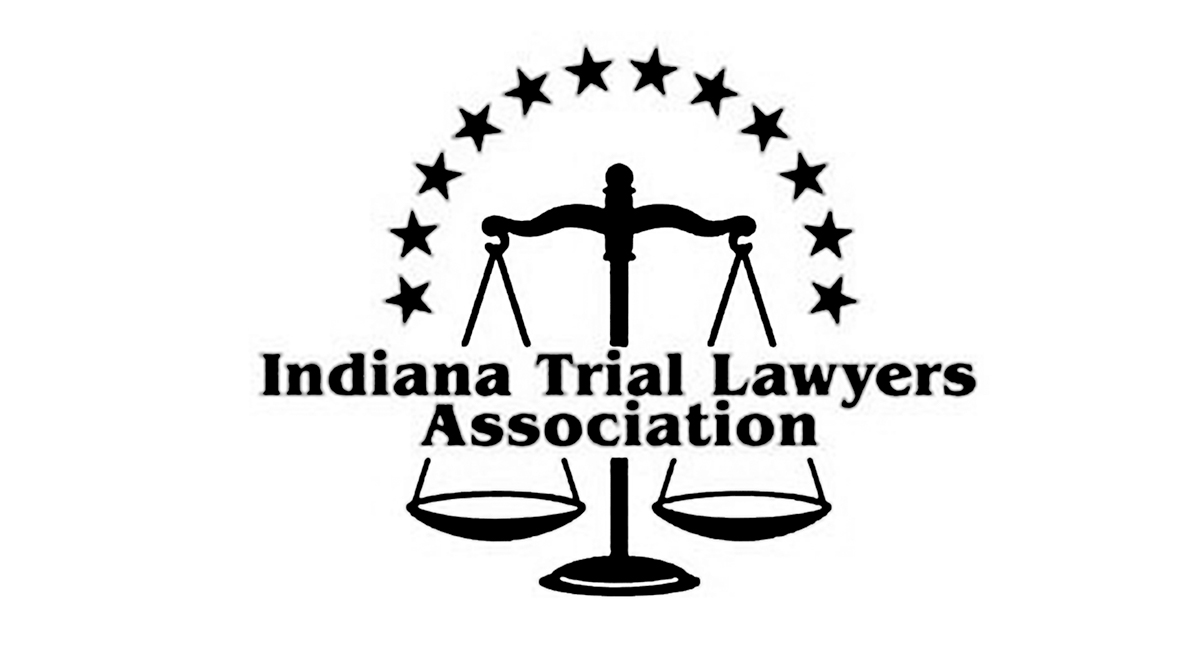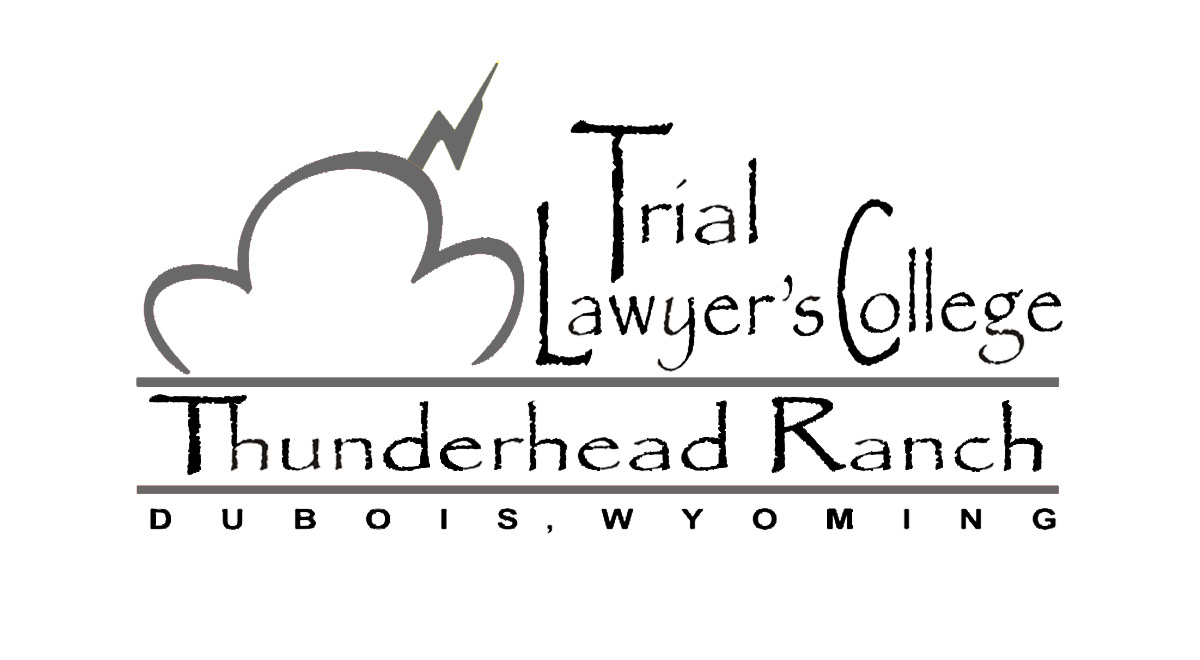April 13, 2019
We work closely with clients on a daily basis who have been involved in a wreck, a fall or some other traumatic event. Oftentimes, our clients don’t realize that they’ve suffered a traumatic injury to their brain despite tell-tale symptoms. Many times, our client’s spouse, significant other or a friend tell us about changes in the injured person that are strong indications that they’ve suffered a traumatic brain injury (“TBI”) such as irritability, irregular sleep, difficulty focusing and trouble managing daily tasks.
A TBI can have wide-ranging physical and psychological effects. Signs of a TBI can appear immediately after a traumatic event or days or weeks later.
Below is a list from the Mayo Clinic of signs and symptoms of a TBI:
Mild traumatic brain injury
Physical symptoms
- Loss of consciousness for a few seconds to a few minutes
- No loss of consciousness, but a state of being dazed, confused or disoriented
- Headache
- Nausea or vomiting
- Fatigue or drowsiness
- Problems with speech
- Difficulty sleeping
- Sleeping more than usual
- Dizziness or loss of balance
Sensory symptoms
- Sensory problems, such as blurred vision, ringing in the ears, a bad taste in the mouth or changes in the ability to smell
- Sensitivity to light or sound
Cognitive or mental symptoms
- Memory or concentration problems
- Mood changes or mood swings
- Feeling depressed or anxious
Moderate to severe traumatic brain injuries
Physical symptoms
- Loss of consciousness from several minutes to hours
- Persistent headache or headache that worsens
- Repeated vomiting or nausea
- Convulsions or seizures
- Dilation of one or both pupils of the eyes
- Clear fluids draining from the nose or ears
- Inability to awaken from sleep
- Weakness or numbness in fingers and toes
- Loss of coordination
Cognitive or mental symptoms
- Profound confusion
- Agitation, combativeness or other unusual behavior
- Slurred speech
- Coma and other disorders of consciousness
If you or a loved one have suffered a TBI, it is important that proper medical professionals including a neurologist and a neuropsychologist help to diagnose the condition and implement a plan to try and alleviate the harm. Unfortunately, many of the effects of a TBI are permanent in nature. Moreover, suffering a TBI can lead to life-long risks such as a higher susceptibility of further TBI’s, Alzheimer’s, and dementia.
Many times, loved ones and friends can help to identify the brain injury through their interactions with the injured person and observations of changes after the traumatic injury. Fortunately, through our hands-on approach with clients and their family we can help identify these injuries and seek compensation for them.
We have successfully resolved numerous cases that initially appeared as soft-tissue injury only incidents where a TBI actually occurred. If you suspect that you or a loved one have suffered a TBI due to another’s fault, please reach out to us.










